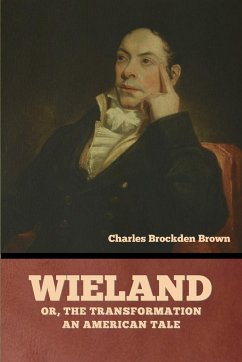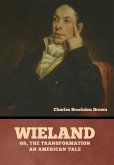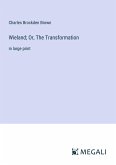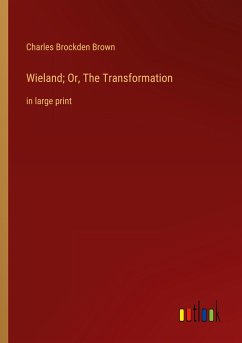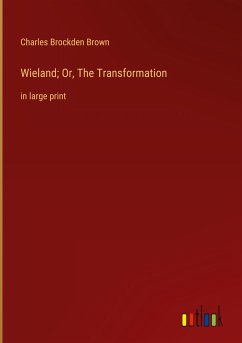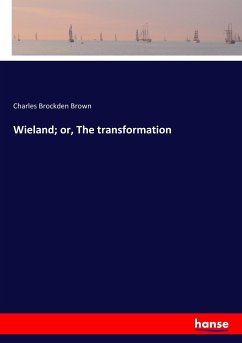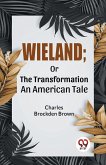Wieland: or, The Transformation: An American Tale, usually simply called Wieland, is the first major work by Charles Brockden Brown. First published in 1798, it distinguishes the true beginning of his career as a writer. Wieland is sometimes considered the first American Gothic novel. It has often been linked to Caleb Williams by William Godwin. Godwin's influence is clear, but Brown's writing is unique in its style. Wieland is often categorized under several subgenres other than gothic fiction, including horror, psychological fiction and epistolary fiction, which are listed at Project Gutenberg. Many modern critics fault Wieland for its gimmickry, and late-eighteenth century critics scorned it as well. The use of spontaneous combustion especially has been pointed at as a contrived element. In Brown's time, critics harshly faulted Brown for using ventriloquism as the device that drove the plot of the novel. Critics today have also disdained the ventriloquism in Wieland. In Brown's time, critics considered the work to be unsophisticated because of its dependence on the conventions of Gothic novels and novels of seduction. Regardless of its weaknesses, however, Wieland is thought to be one of the first significant novels published by an American, and it is most certainly Brown's most successful work. Joyce Carol Oates describes Wieland as "a nightmare expression of the fulfillment of repressed desire, anticipating Edgar Allan Poe's similarly claustrophobic tales of the grotesque." About the author: Charles Brockden Brown (January 17, 1771 - February 22, 1810) was an American novelist, historian, and editor of the Early National period. Brown is regarded by some scholars as the most important American novelist before James Fenimore Cooper. Although Brown was not the first American novelist, as some early criticism claimed, the breadth and complexity of his achievement as a writer in multiple genres (novels, short stories, essays and periodical writings, poetry, historiography, and reviews) makes him a crucial figure in literature of the early Republic. His best-known works include Wieland and Edgar Huntly, both of which display his characteristic interest in Gothic themes. He has been referred to as the "Father of the American Novel." (wikipedia.org)

